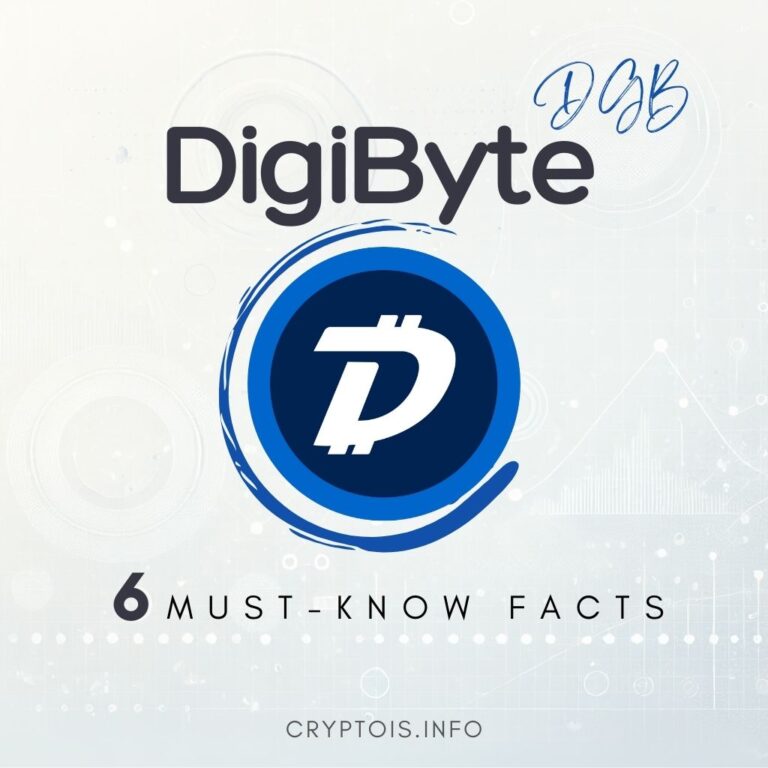Crypto’s Dual Reality: Suits Stack Sats While Degens Dodge

The crypto market is currently a tale of two cities: one where institutional titans are pouring billions into digital assets, and another where the persistent shadows of fraud and security vulnerabilities remind us that the wild west isn’t fully tamed. This bifurcation defines the current landscape, offering unprecedented opportunities alongside critical risks.
The Institutional Onslaught & Regulatory Greenlight
Spot Bitcoin ETFs have been a game-changer, with BlackRock’s iShares Bitcoin Trust ETF alone seeing over $1.3 billion in just two days, contributing to $14.8 billion in net inflows by mid-2025. US government support is solidifying, exemplified by President Trump’s March 2025 executive order to establish a Strategic Bitcoin Reserve of approximately 200,000 BTC, boosting investor confidence.
The SEC’s recent approval of in-kind creation and redemption for crypto ETPs (Bitcoin and Ether) marks a significant regulatory shift, making these products “less costly and more efficient” and reflecting a “new day at the SEC” under Chairman Paul Atkins. This move, alongside Congress passing bills on market structure, stablecoins, and CBDCs, signals a broader pro-crypto policy environment under the Trump administration.
Public companies are aggressively building crypto treasuries. Strategy (formerly MicroStrategy) continues its Bitcoin accumulation, raising $2.5 billion in its latest preferred stock offering to buy 21,021 BTC, bringing its total to 628,791 BTC. Twenty One Capital, backed by Cantor Fitzgerald and Tether, has amassed at least 43,500 BTC.
The institutional embrace extends beyond Bitcoin. BitMine Immersion, the largest publicly traded Ether holder, announced a $1 billion stock buyback program, while Sharplink Gaming Inc. acquired an additional 77,209.58 ETH, bringing its total to 438,190 ETH. Nasdaq-listed 180 Life Sciences Corp is even pivoting from biotech to become “ETHZilla Corporation,” aiming to build a $425 million Ether treasury. This trend is supported by Standard Chartered’s report that public companies have purchased 1% of all ETH in circulation since June, with potential for a 10x increase.
Major crypto firms are eyeing public markets, with Kraken reportedly seeking $500 million in funding at a $15 billion valuation for a potential 2026 IPO, following successful public offerings by Circle and eToro. Regulatory momentum is also pushing crypto into traditional finance rails. Wyoming Senator Cynthia Lummis introduced the 21st Century Mortgage Act to codify the FHFA’s order for mortgage purchasers to consider digital assets, aiming to help young Americans leverage crypto for homeownership. Rakbank in the UAE became the first conventional bank to offer retail crypto trading directly from dirham accounts, powered by Bitpanda.
The Altcoin Alpha & RWA Frontier
Speculative interest is clearly rotating towards altcoins, with Ether (ETH) leading the charge. ETH perpetual futures volume dominance has surpassed Bitcoin for the first time since 2022, marking the “largest” volume skew in ETH’s favor on record. Ether’s open interest has doubled since June 22 to a record $58 billion, signaling increased demand for leveraged ETH positions.
Ethereum’s network activity is “through the roof,” with active addresses up 7.2% and monthly transaction counts up 16% over 30 days. Weekly DEX volume hit a 4-month high of $22.6 billion, and stablecoin supply reached an all-time high of $132.5 billion, indicating robust liquidity and demand.
The Real-World Asset (RWA) tokenization narrative is gaining significant traction:
- eToro plans to launch tokenized US stocks (100 most popular) as ERC-20 tokens on Ethereum, allowing 24/5 trading and eventual self-custody.
- Robinhood launched a new Layer-2 blockchain on Arbitrum for tokenized US stocks, offering European investors access to over 200 stocks and ETFs with zero commissions.
- Backed Finance launched over 60 tokenized stocks on ByBit, Kraken, and Solana DeFi protocols.
- Pyth Network is publishing real-time, on-chain prices for 85 Hong Kong stocks, unlocking access to a $3.7 trillion equity market.
- Centrifuge partnered with S&P Dow Jones Indices to bring the S&P 500 Index on-chain, enabling programmable index-tracking funds.
- Wall Street giants like Goldman Sachs and BNY are offering institutional investors access to tokenized money market funds.
This RWA tokenization trend, while still a small portion of the total tokenized RWA market ($418 million in stocks vs. $21.3 billion total RWA), is seen as a multi-trillion-dollar opportunity.
The Unfinished Business: Scams, Mixers & Security
Despite the institutional embrace, the industry continues to battle persistent illicit activity and security vulnerabilities.
Fraud and Money Laundering:
- The founder of AML Bitcoin, Rowland Marcus Andrade, was sentenced to seven years in prison for defrauding investors of $10 million, using funds for personal luxury, and making false claims about partnerships (e.g., Panama Canal Authority).
- Vincent Anthony Mazzotta Jr. pleaded guilty to his role in a $13 million AI-powered crypto trading bot Ponzi scheme, which even involved creating a fake government agency called the “Federal Crypto Reserve” to further defraud victims.
- Samourai Wallet co-founders Keonne Rodriguez and William Lonergan Hill are now set to plead guilty to charges of running an unlicensed money-transmitting business that processed over $2 billion in unlawful transactions, including those tied to Silk Road. They face up to 25 years in prison.
- The trial of Tornado Cash co-founder Roman Storm is ongoing, with prosecutors highlighting a “washing machine” T-shirt as evidence of intent, while the defense argues it was “a joke in poor taste.” The outcome could set a precedent for open-source privacy tools.
Security Flaws: NFT trading platform SuperRare suffered a $730,000 exploit due to a “basic smart contract bug” that experts say could have been prevented with standard testing practices, highlighting the critical need for rigorous audits and testing in decentralized systems.
Regulatory Scrutiny: India’s Financial Intelligence Unit (FIU-IND) is investigating Binance over potential loopholes in cross-border digital asset transfers, particularly unregulated wallet transactions linked to accounts from Pakistan and sensitive border areas, raising national security concerns about illegal funding and money laundering. The nascent DePIN sector also lacks a clear legal framework, operating in a “gray zone” that exposes users, developers, and investors to uncertainty regarding data ownership, compensation, and governance, despite generating significant revenue.
Why It Matters
The crypto market is undergoing a profound transformation, with a clear institutional and regulatory embrace driving new capital and innovation, particularly in the RWA space. This signals a maturation that could unlock trillions in value. However, the persistent drumbeat of high-profile fraud cases, money laundering allegations, and preventable security exploits serves as a stark reminder that the industry’s “wild west” elements are far from eradicated.
For market participants, this means navigating a landscape of immense opportunity while exercising extreme diligence. The future of crypto will be defined by its ability to balance groundbreaking innovation with robust security and a clear, enforceable regulatory framework that protects users without stifling progress.





